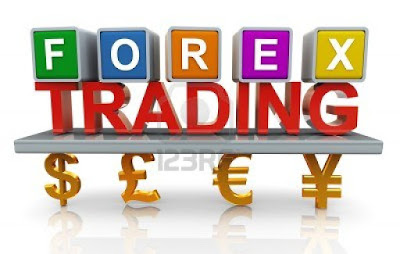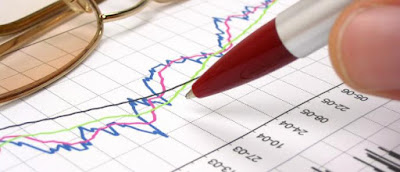 |
| 7 Reasons To Trade The FOREX Market. |
7 Reasons To Trade The FOREX Market.
More and more savvy investor and entrepreneurs are shunning traditional financial markets, like stocks, bonds and commodities and building their fortunes in the foreign exchange (forex) marketplace.
The reason why they are turning to the all electronic world of Forex trading is its numerous advantages over any type of investments.
Even if you are an experienced Stocks or Commodities trader you will discover how powerful the Forex is.
You can make $200 to $3000 in less than 30 minutes of work everyday.
Forex Trading is much less risky than trading currencies on the futures market, much more profitable, and a lot easier, than trading stocks.
Why should you trade the forex market?
Here are the reason why...
1) The forex market is open 24 hours, it never sleeps.
You can enter a position, or exit whenever you want, whenever you are six days a week. You do not need to wait for the opening bell like if you was trading stocks. it is excellent for you as you choose the best time for you to trade.
2) The daily trading volume of the Forex is around $1.5 trillion dollars
It is 30 times larger than the combined volume of all U.S. equity markets. This means that 1,498,574 skilled traders could each take 1 million dollars out of the FOREX market every day and the FOREX would still have more money left than the New York Stock would have daily!
3) You profit in both raising market or falling market.
You have equal potential to profit in both a rising or falling market, because it' s up to you to buy a currency, or to sell it, after you determined the market trend tendency.
4) You can trade from anywhere.
If you like to travel, this is a dream business, you just take your lap top with you and that' s it, you can make money from anywhere in the world, all that you need is to be sure that you can access an Internet Connection.
5) The leverage is considerable.
In fact, you don' t need a lot of money to trade forex, it is recommended to start with $2000, but you can start with $300, then if you have a proved strategy, your investment will grow consequently, as you can trade up to 200 times your investment. You can trade 100,000- unit currency lots with as little as 1% margin, or $1,000. there is no comparison with the stock market where you need a big amount of money to start, if you want to see real profits. And beside that, you need to post 50% margin.
6) Price Movements Are Highly Predictable.
Price movement or highly volatile in the forex, however, the foreign currencies market is moving in trends, and you can identify these trends - as they repeat in cycle- with the technical analysis.
7) No commission fees.
Unlike the stock market, brokers don' t take commission on transaction.
To trade forex, you don' t need to have a lot of money to start; you can trade at any time, from anywhere, with a Internet connection, you will not have an order pending because of lack of liquidity, you will not have to work all during the day.
The forex market has many advantages over the other traditional investments, and for sure, it will give you more freedom, and more money.

